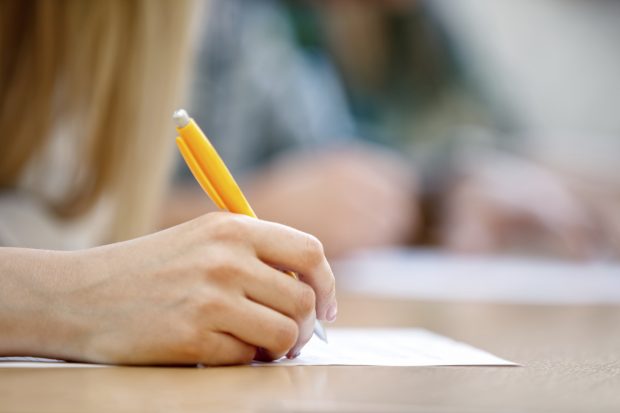
Today’s Education in the Media blog looks at children’s mental health support in schools and home education.
Children’s mental health
Today, Thursday 26 April, children’s mental health charity Place2Be has published analysis into children’s mental health services that found mental health counselling in primary schools could offer a six-fold return on investment. This has been covered by the BBC Victoria Derbyshire Show, BBC Breakfast and TES.
The Government has pledged a total of £1.7 billion to help promote, protect and improve children and young people’s mental health and wellbeing. In addition to this, in December 2017 our green paper announced new Mental Health Support Teams to increase the support available to pupils with emerging mental health problems. The new support teams will offer a range of interventions, and the aim is that they add to and work closely with what is already being provided in local areas such as school based counselling.
A Government spokesperson said:
Being able to identify mental health problems early and making sure children and young people have the right support when they need it is imperative. That is why we have allocated £300m to provide significant additional resources for early mental health intervention for all schools – primary and secondary - and committed to ensuring all children and young people learn about mental wellbeing.
We are also helping schools to intervene early by offering mental health first aid training for a member of staff in every primary and secondary school.
Home Education
Today, Thursday 26 April, the BBC has reported that the number of children being home educated has risen in the last year. It reports that across the UK 48,000 children were home-educated last year, up from around 34,000 in 2014-15.
Parents have a right to teach their children at home if they choose but all children must still be safe and get a suitable education. Schools must inform local authorities if a pupil is taken off their register and councils have powers to intervene if children are at risk or not receiving a suitable education.
On April 10 we launched a call for evidence to ask for the views of parents and local authorities on how to ensure children receive the expected standard of education at home. This will run until July 2018.
A Department for Education spokesperson said:
Across the country there are thousands of dedicated parents who are doing an excellent job of educating their children at home.
We want to make sure that every child receives a suitable education – no matter where they are being taught. We need to be able to act quickly in the rare instances when this is not the case. We are currently consulting on new guidance to help parents understand their rights and responsibilities on home education. Equally importantly we want to make sure that local authorities are clear on their responsibilities to intervene if they are not satisfied a child is receiving a suitable full time education.
You can respond to our call for evidence on home education here.